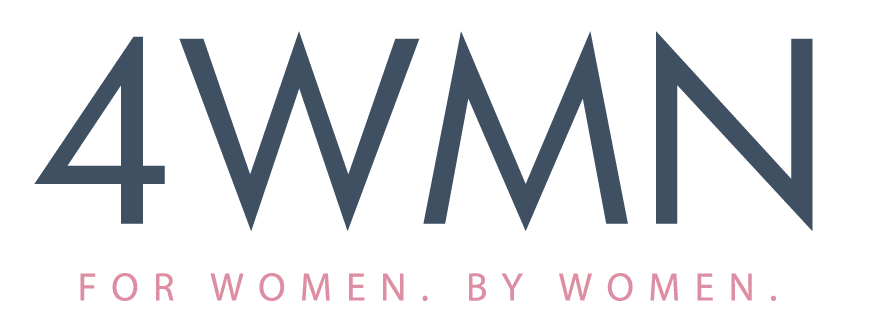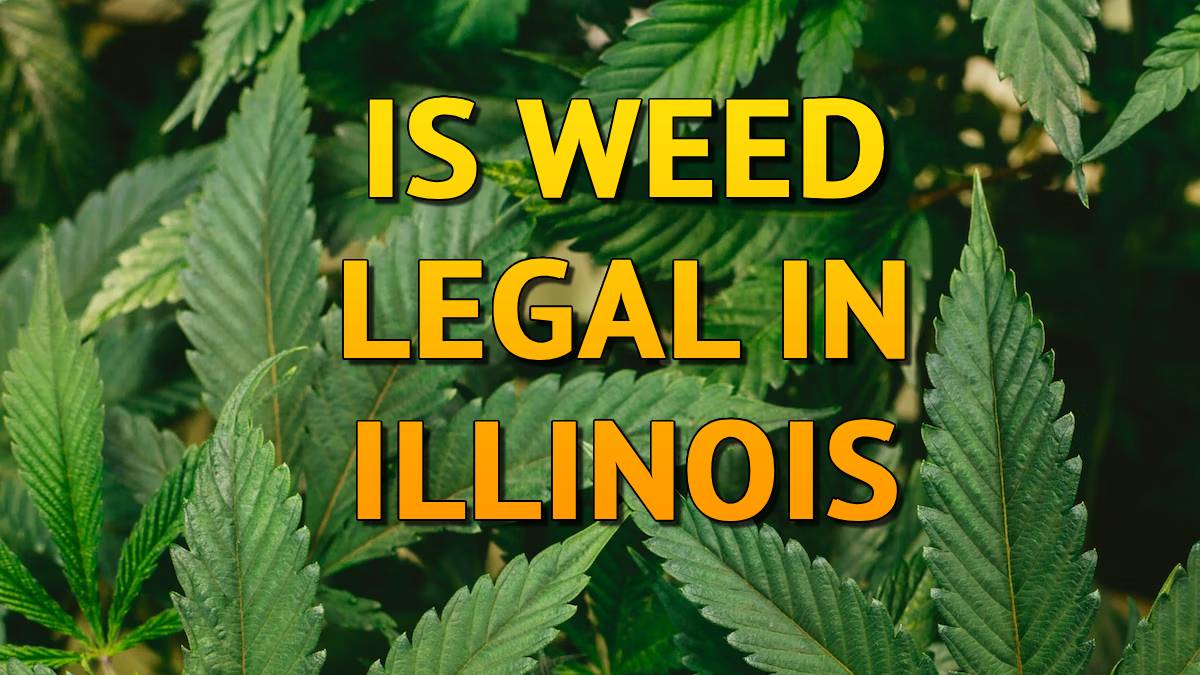Is recreational cannabis legal in Illinois? Is medicinal marijuana legal in Illinois? What about Illinois’ CBD laws? Find out about the weed laws in Illinois in this article.
Illinois has over 12 million people and is home to Chicago, one of the largest cities in the U.S. Abraham Lincoln’s first foray into public office was in Illinois, and Robin Williams, Hilary Clinton, and Kanye West were each born in the state.
Illinois is also one of the most productive states in the U.S. Plentiful crop space and natural resources are paired with Chicago’s metropolitan lifestyle in this microcosm of US society.
Chicago is set on the picturesque Lake Michigan, and its airport, O’Hare International, is one of the busiest in the country. The city itself has a strong history with soul music due to the Great Migration in the early 20th century which saw black workers move out of the South and into metropolitan areas. With them, they brought traditional blues and jazz which eventually transformed into Chicago blues and Chicago-style Dixieland jazz. Most renowned among these musicians were Nat King Cole and Muddy Waters who remain some of the most influential Chicago-based musicians.
Though all of this is an aside to your real question, which is, can I enjoy all of these wondrous facets of Illinois while also enjoying a bit of cannabis? Let’s take a look at the weed laws of Illinois, and find out if you can smoke a blunt next to the Chicago Bean.
Is recreational weed legal in Illinois?
As of January 1st, 2020, purchase of recreational cannabis became legalised in Illinois. Adult Illinois residents, 21 years or older with a valid identification card, can purchase up to 30 grams of cannabis flower or the equivalent in other forms from licensed dispensaries. For edibles, there’s a cap at 500 milligrams of THC-infused products, and the legislation allows up to five grams of concentrate. Recreational cultivation of marijuana plants, however, is prohibited under this Act.
But what if you’re not an Illinois resident? You can still purchase up to 15 grams of cannabis flower, 250 milligrams of THC-infused edible products, or 2.5 grams of concentrated cannabis product.
It isn’t a total free-for-all, though. Although use and purchase is legal in Illinois, public consumption is still illegal and strictly prohibited. These restrictions also apply to use in motor vehicles, school grounds, in the vicinity of someone under the age of 21, and in the company of an on-duty school bus driver, police officer, firefighter or corrections officer.
You are free to consume cannabis products in private residences, but landlords have the power to prohibit usage in their buildings, as do employers, private clubs and universities.
All marijuana sold in dispensaries in Illinois is grown within the state in licensed cultivation centres, assisting in maintaining the local economy. Illinois also reported record sales in the first day of legalisation – USD3.2 million was spent across the state on January 1st, 2020. Following this pattern, it is expected that sales in Illinois could break USD400 million for the year, and hit USD1 billion in just three years.
In a first for the U.S, Illinois is also working in a phased approach to expunge marijuana-related police records and court convictions in adherence with the new laws. Over 700, 000 marijuana-related convictions are set to be removed by 2025, meaning a clean slate for many.
Is medicinal marijuana legal in Illinois?
Illinois legalised medicinal marijuana on January 1st, 2014 as a trial period which was recently extended until at least July 2020. The twentieth state to legalise medical cannabis, Illinois also allows for the cultivation of marijuana plants in patients’ homes.
There have been approximately 100, 000 patients enrolled in the state’s opioid and cannabis programs since their inception. The Compassionate Use of Medical Cannabis Act requires qualifying patients to register and obtain a valid identification card. To qualify, patients must be diagnosed by a physician as having a debilitating medical condition. This includes serious conditions such as multiple sclerosis, epilepsy, Parkinson’s disease, hepatitis C and cancer, but also covers ailments such as post-traumatic stress disorder and residual limb pain.
Patients are able to purchase and possess an adequate supply of usable cannabis – 2.5 ounces every fortnight. If necessary, patients are able to apply for a waiver of this limit, depending on the severity of their condition. In addition to usable material, from January 2020 patients are also allowed to grow up to five cannabis plants in their own homes. Patients are able to keep any material harvested from their own plants, but legal limits still apply in public areas.
Even though purchase and possession is legal for qualifying patients, they still can’t light up in public spaces, just like the recreational users.
Is CBD legal in Illinois?
In 2018, the Farm Bill was passed at a federal level in the United States which legalised the use of hemp-derived CBD. The caveat is that it cannot contain more than 0.3% THC. Within all 50 states of the U.S, you can purchase topical creams, oils, edibles and beverages that will give you all the great CBD health benefits without getting you high.
There has been research into the benefits of CBD in concentrated form, although restrictive laws in various countries have prohibited extensive studies into the benefits CBD has to offer. One study found that CBD can help alleviate anxiety, and another discovered how effective CBD can be at suppressing an inflammatory response – and this is before extensive research!
This has led to a slew of online stores, professional sports people and cafes creating and selling a wide range of CBD products across the country.
Topical creams can be used directly on the skin to help reduce inflammation and muscle ache. In the culinary world, cafes are adding CBD oil to lattes, jams and cocktails. CBD usage has even been linked to helping you quit smoking and drinking.
Although the purchase and possession of CBD products is legal country-wide, it isn’t possible for any green thumb to start their own hemp cultivation side hustle. In order to begin extracting your own oil from hemp, a license from the department of agriculture is required.
At this stage, the U.S Food and Drug Association (FDA) has only approved the human consumption of Epidiolex – a CBD oil which has been found to successfully reduce symptoms of severe epilepsy. Though the dial is certainly moving in the right direction with regards to CBD, as Epidiolex was just removed from the list of controlled substances, making the medicine much more easily accessible for those who need it.
Important Note: The information on this site has been created only for information about the laws. It is not prepared to promote illegal substances. Please do not use illegal substances. You can get help regarding addiction from a nearest health institution.

